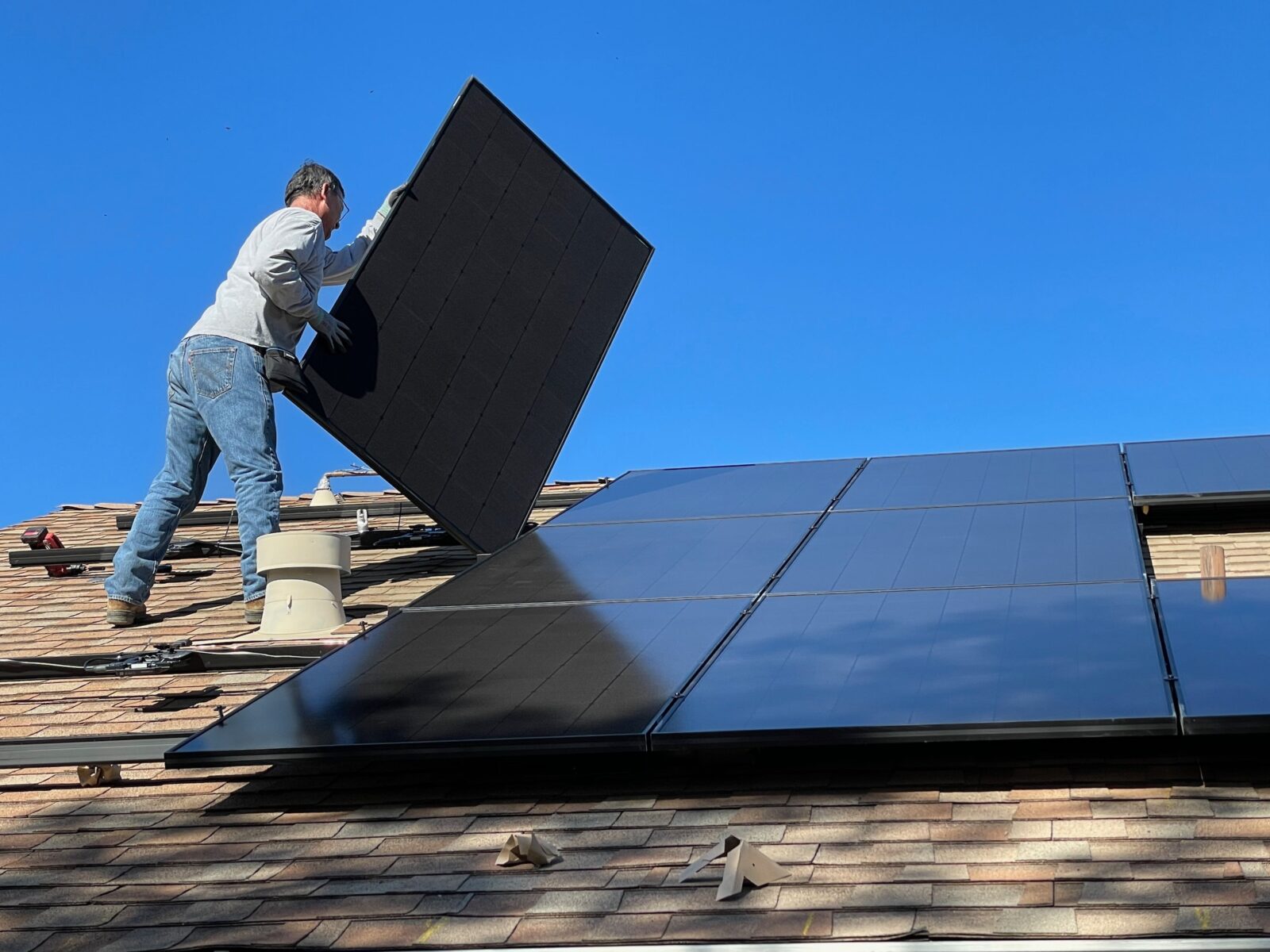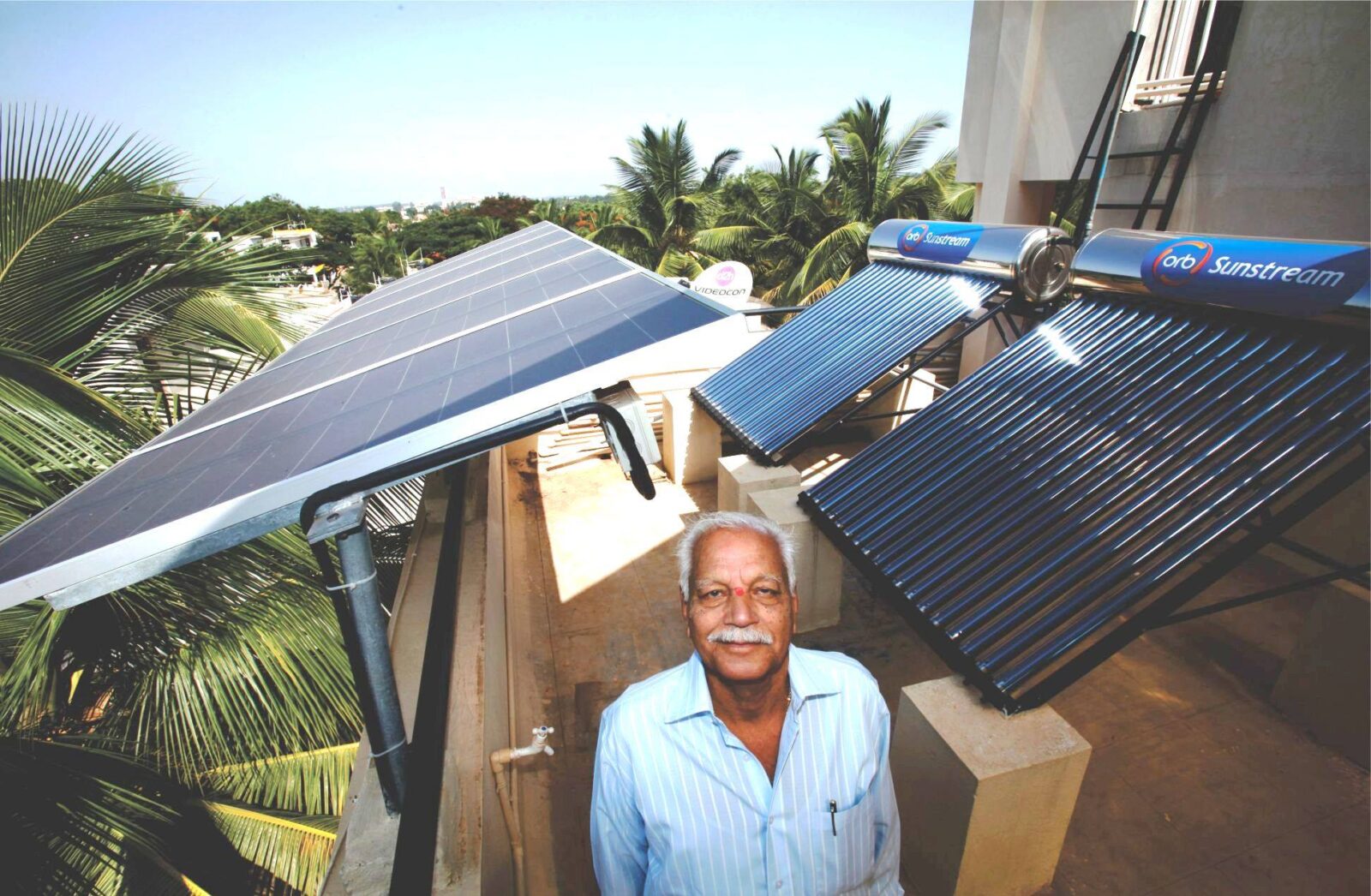
In an era where climate action is not just imperative but a moral obligation, we delve into the heart of sustainable development through innovative carbon offsetting initiatives. This exploration sheds light on the nuanced strategies beyond mere environmental conservation, illustrating how targeted actions can foster social and economic advancements globally.
The Evolution of Carbon Offsetting: A Commitment Beyond Trees
At COP 26 in Glasgow, developed nations were implored to contribute $100bn annually to aid developing countries in their climate efforts. The subsequent COP27 furthered this dialogue with the introduction of the “Loss and Damage” Fund for Vulnerable Countries, accumulating pledges surpassing USD 230 million for the Adaptation Fund. However, the fulfilment of these commitments remains uncertain.
In response, our approach advocates for a shift in corporate responsibility. We propose Health & Livelihood offsets as a more tangible and impactful strategy over traditional methods like afforestation. Emphasising investments in projects with verified emissions reductions, we argue that true ‘climate leaders’ are those who not only offset their emissions but also invest significantly in internal reduction strategies. Notably, companies engaging in carbon credit purchases report double the carbon reduction compared to their counterparts, underscoring the role of offsetting as a component of a broader environmental strategy.

Carbon Offsetting with Positive Social and Economic Impact
Our commitment utilises Gold Standard VER (Verified Emission Reduction) offsets, focusing on projects with a profound human impact. Through Climate Impact Partners, a certified B Corp, we exceed the benchmark by offsetting 110% of our total carbon emissions. This ambition positions us not just as a Net Carbon Zero entity but as a climate-positive influencer.
Project Gyapa: Revolutionising Cooking in Ghana
In Ghana, where over 80% of the population relies on solid fuels for cooking, the Gyapa project is a significant step towards reducing carbon emissions and improving health outcomes. The project introduces efficient cookstoves that are less smoky and require about 50% less fuel, thus saving families up to $100 annually and conserving Ghana’s tree cover.
Local metalworkers and ceramists are trained to manufacture these stoves, promoting local industry and distribution through a wide network of retailers.

The project aligns with SDG 13 (Climate Action) and yields additional social and economic benefits:
- No Poverty: Gyapa stoves have saved families more than $165 million on fuel bills.
- Good Health and Well-being: These stoves reduce exposure to harmful air pollutants.
- Decent Work and Economic Growth: The stoves are locally produced by over 180 skilled ceramists and metalworkers, distributed by a network of over 600 retailers.
Project Bondhu Chula Stoves: Fuel-Efficient Stoves in Bangladesh
In Bangladesh, where less than 20% of households have access to clean cooking facilities, the Bondhu Chula project is making a substantial difference. The ‘friendly stove’ introduced by this project is designed for more efficient and cleaner cooking, significantly improving health by reducing indoor air pollution. It also aids in economic development by training micro-entrepreneurs in stove production, sales, and marketing.

The project, which has successfully installed over 5 million stoves, also contributes to SDG 13 and other sustainable development goals:
- No Poverty: Reduced fuel consumption saves money for families.
- Good Health and Well-being: The chimney design minimizes indoor air pollution.
- Decent Work and Economic Growth: The project has created a market for fuel-efficient stoves, engaging over 5,000 entrepreneurs.
- Gender Equality: Benefits accrue particularly to women and children, who are most often involved in food preparation.
- Life on Land: Reduced wood fuel consumption alleviates pressure on local forests and biodiversity.
Project Orb Rooftop Solar: Green Energy Solutions in India
Addressing India’s burgeoning demand for electricity, this project has been instrumental in bringing reliable solar power and solar water heating systems to both residential and commercial customers.
By replacing kerosene and grid-based electricity with solar energy, the project cuts around 55,000 tonnes of CO2e annually. This not only reduces reliance on fossil fuels but also promotes socio-economic development by providing affordable energy solutions.

The project’s alignment with SDG 13 is complemented by its contribution to other key areas:
- No Poverty: Households and small businesses significantly cut their electricity bills.
- Good Health and Well-being: The project decreases indoor air pollution, replacing fossil fuel-based lighting.
- Quality Education: Reliable lighting extends study hours for children.
- Affordable and Clean Energy: Orb Energy’s expanding network is enhancing rural energy access.
- Decent Work and Economic Growth: Employment opportunities arise in sales, distribution, and maintenance of solar panels.
Forging a Sustainable Future
In the pursuit of climate responsibility, the path forward requires a holistic approach that transcends traditional environmental conservation. Through innovative projects, we demonstrate how carbon offsetting can be a catalyst for comprehensive socio-economic development. By embracing this multifaceted strategy, we not only mitigate our environmental impact but also pave the way for a more equitable and sustainable future.
